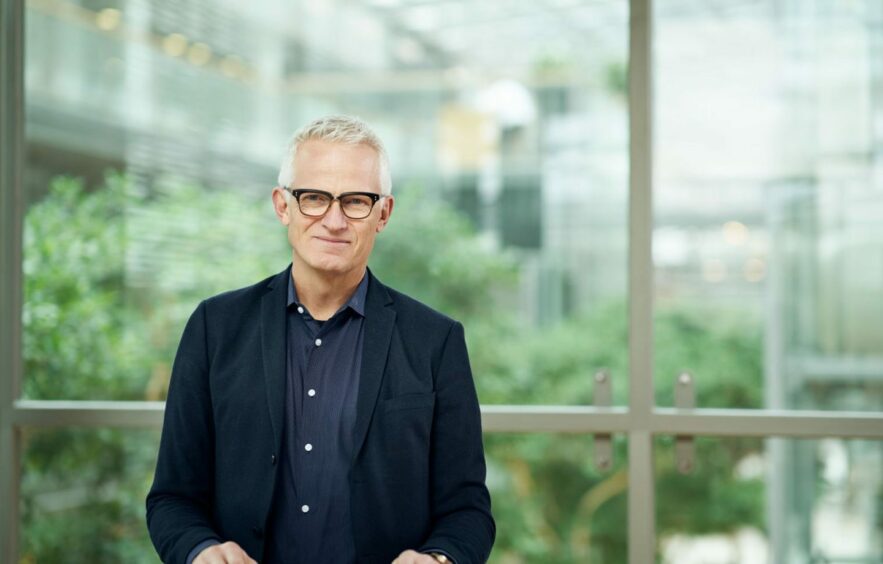
The head of Ørsted has promised to “fight with everything I’ve got” to restore investor confidence in the company, after a disastrous 2023 led to major US writedowns and losses.
Ørsted (CPH: ORSTED) announced full year losses of around £2.3bn last week, prompting hundreds of job cuts and a vow to pause dividend payments for around two years as it works to bring its balance sheet under control.
In a statement accompanying the results, CEO Mads Nipper said the year had seen “substantial challenges” due to impairments on its US offshore projects and the provision for cancellation fees for ending development of its Ocean Wind 1 scheme off New Jersey.
Ørsted shares have lost more than 70% of their value since a peak in 2021.
Speaking with the Financial Times in the wake of the result he said he would “fight with everything I’ve got” to restore investor confidence in the company. He assumed “full accountability” for the developer’s predicament, but said it would be for the company’s board to decide whether he was the right person to continue to lead.
It follows an exodus of senior management after the Q3 update in November, which saw the departure of chief financial officer (CFO) Daniel Lerup and chief operating officer (COO) Richard Hunter. Thomas Thune Andersen will also step down as chairman later this year.
Looking across the offshore wind sector, Mr Nipper warned that growth would slow “dramatically” unless there are increases to rates paid for electricity from new projects.
“The fuel of renewable energy is capital,” he said. “Financing £8.5bn — 25 basis points matter and 100 matter a whole lot more.
“For a company like ours — if interest rates go up by 3%, that more than eliminates all the profit of a huge investment.”
Ørsted has now narrowed its strategy and will exit Norway, Spain, and Portugal, as well as slowing development in Japan. It said it would cut around 600-800 roles globally, with around 250 redundancies expected to be made in the coming months.
It will also pull back from hydrogen and floating wind developments, with the latter technology set to advance “slower than anticipated”, he said.
Meanwhile, new farm-downs and divestments of projects are expected to contribute around £13bn to the group’s bottom line by 2030.
Mr Nipper said the company had “generally had positive feedback” on the strategy and that “by far the majority of investors seem to think it is the right one”.
However, he added: “We are also very aware that what matters is not the plan, it is the execution of the plan.”
Recommended for you
